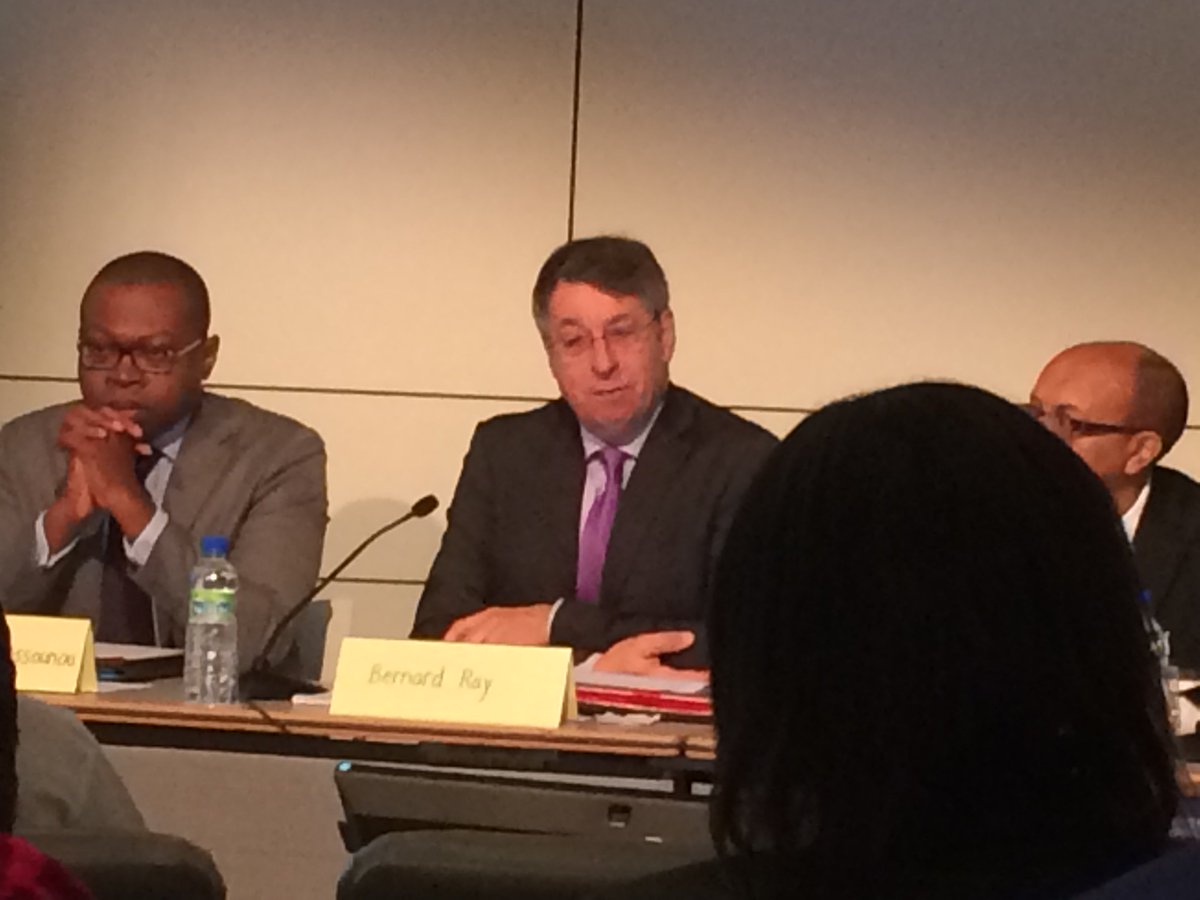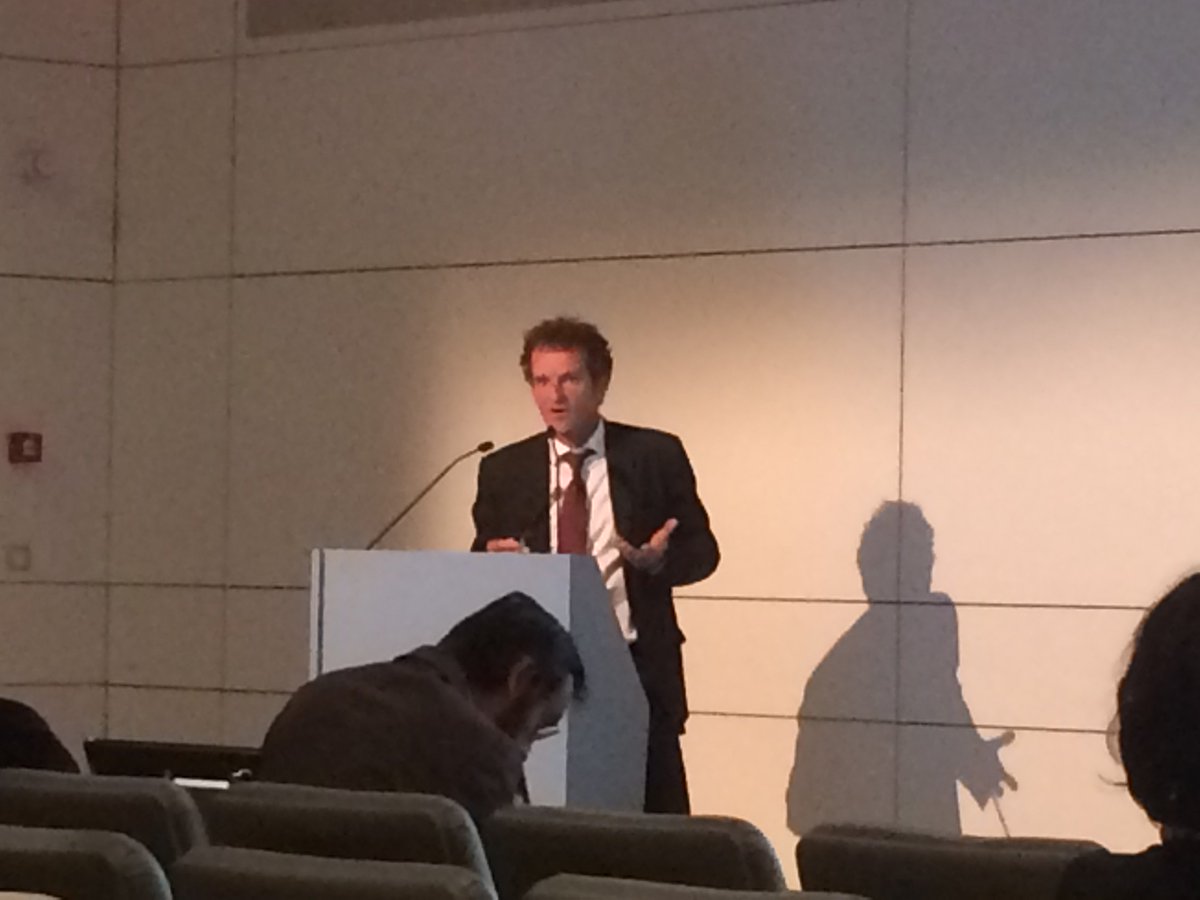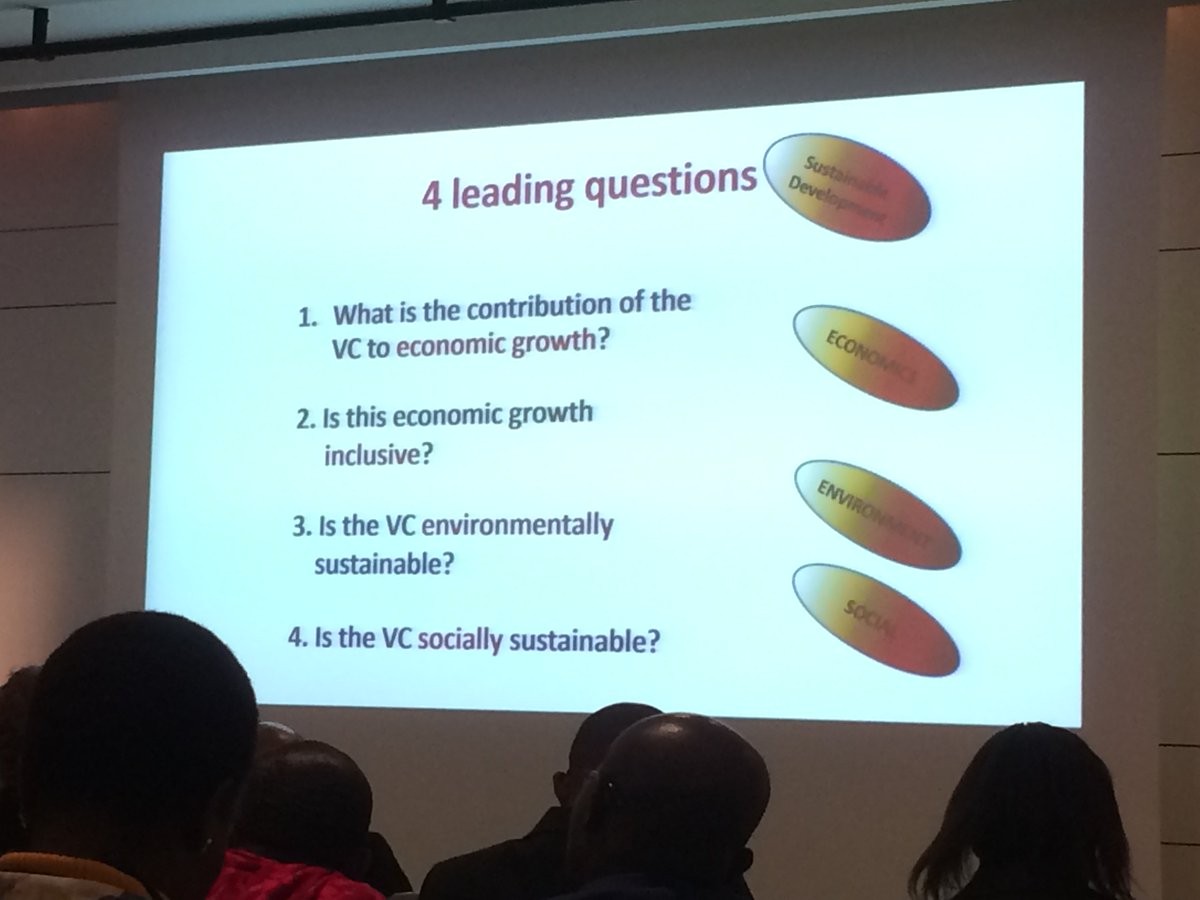30 November 2016. Africa’s Climate: Helping decision-makers make sense of climate information is the first major programme-wide report to emerge from Future Climate for Africa (FCFA). FCFA comprises five major research projects to develop better climate information for Africa and to test how the new information could be used in decision-making, with potential benefit for millions of affected Africans.
The report is available in the form of a digibook: http://2016report.futureclimateafrica.org/
Key findings in Africa’s Climate report:
The report is available in the form of a digibook: http://2016report.futureclimateafrica.org/
Key findings in Africa’s Climate report:
- Climate modelling indicates that east Africa is expected to warm in the next five to 40 years, although changes in rainfall are much less certain.
- Extreme events (floods, droughts, heatwaves, and so on) are expected to change and, in most cases, increase into the future.
- The region is severely understudied, because of a lack of scientific observation data, such as that from weather stations
- Southern African economies are exposed to weather and climate vulnerabilities, particularly through sectors such as agriculture, energy, and water management. It follows that the supply of essential resources are all extremely at risk as the climate becomes more changeable and extreme.
- Most government departments are planning according to a three- to five-year time horizon, while the climate projections are based on decades-longer timeframes, such as looking to 2050 and beyond.
- Applying past data to the future, which is also used by other ministries, is potentially problematic as it assumes that the future climate will mirror the past, which may not be the case for projected climate change.
- Although there is uncertainty associated with the future climate projections, climate change will have significant economic impacts across Africa.
- Future climate change is likely to lead to new risks: the negative impacts seen from today’s climate variability are likely to become worse.
- While there is often uncertainty in climate projections, this should not be a reason for inaction.
















